Content - Experts
Detlev Balzer, software developer and consultant based in Lubeck, Germany
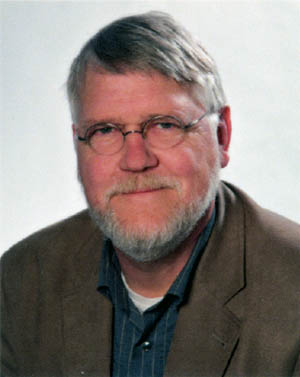 Since the early 1990s when he focused his interest on information systems for cultural heritage such as museum objects and the audiovisual arts, he has designed and implemented information systems for several major cultural institutions in Germany and developing methods and tools for migrating and converting legacy data into larger-scale metadata repositories at national and European level. Detlev is a contributor to standardisation activities in the field of cultural heritage metadata (currently serving as project editor of CEN/TC 372 - cinematographic works). His current interests include the harmonisation of metadata schemas and reference models, and ways of describing digital content in a wider context, i.e. across traditional knowledge domains. He is currently involved in European Film Gateway (EFG), an initiative forming part of the Europeana group of projects.
Since the early 1990s when he focused his interest on information systems for cultural heritage such as museum objects and the audiovisual arts, he has designed and implemented information systems for several major cultural institutions in Germany and developing methods and tools for migrating and converting legacy data into larger-scale metadata repositories at national and European level. Detlev is a contributor to standardisation activities in the field of cultural heritage metadata (currently serving as project editor of CEN/TC 372 - cinematographic works). His current interests include the harmonisation of metadata schemas and reference models, and ways of describing digital content in a wider context, i.e. across traditional knowledge domains. He is currently involved in European Film Gateway (EFG), an initiative forming part of the Europeana group of projects.
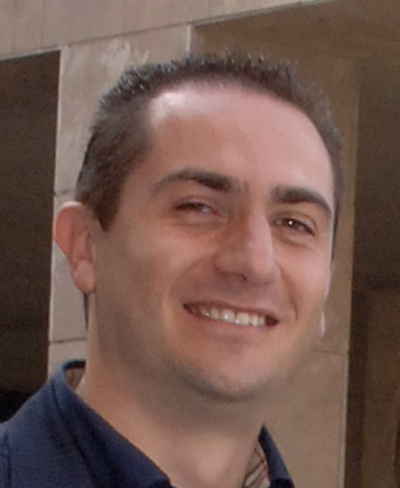 Leonardo Candela is a researcher at the Networked Multimedia Information Systems (NMIS) Laboratory of the Institute of Information Science and Technologies, National Research Council of Italy (CNR-ISTI), the co-ordinating partner of DL.org. He joined the NMIS team in 2001 after graduating in Computer Science at the University of Pisa, where he completed his PhD in Information Engineering in 2006. With research interests spanning Digital Library [Management] Systems and Architectures, Digital Libraries Models, Distributed Information Retrieval, and Grid Computing, he has been involved in a number of key initiatives, such as CYCLADES, Open Archives Forum, DELOS, DILIGENT, DRIVER and D4Science projects. He was an active member of the DELOS Working Group on the Digital Library Reference Model. He is currently a member of the OAI-ORE (Open Archive Initiative – Open Re-use) Liaison Group and also an expert in DL.org’s Content Working Group.
Leonardo Candela is a researcher at the Networked Multimedia Information Systems (NMIS) Laboratory of the Institute of Information Science and Technologies, National Research Council of Italy (CNR-ISTI), the co-ordinating partner of DL.org. He joined the NMIS team in 2001 after graduating in Computer Science at the University of Pisa, where he completed his PhD in Information Engineering in 2006. With research interests spanning Digital Library [Management] Systems and Architectures, Digital Libraries Models, Distributed Information Retrieval, and Grid Computing, he has been involved in a number of key initiatives, such as CYCLADES, Open Archives Forum, DELOS, DILIGENT, DRIVER and D4Science projects. He was an active member of the DELOS Working Group on the Digital Library Reference Model. He is currently a member of the OAI-ORE (Open Archive Initiative – Open Re-use) Liaison Group and also an expert in DL.org’s Content Working Group.
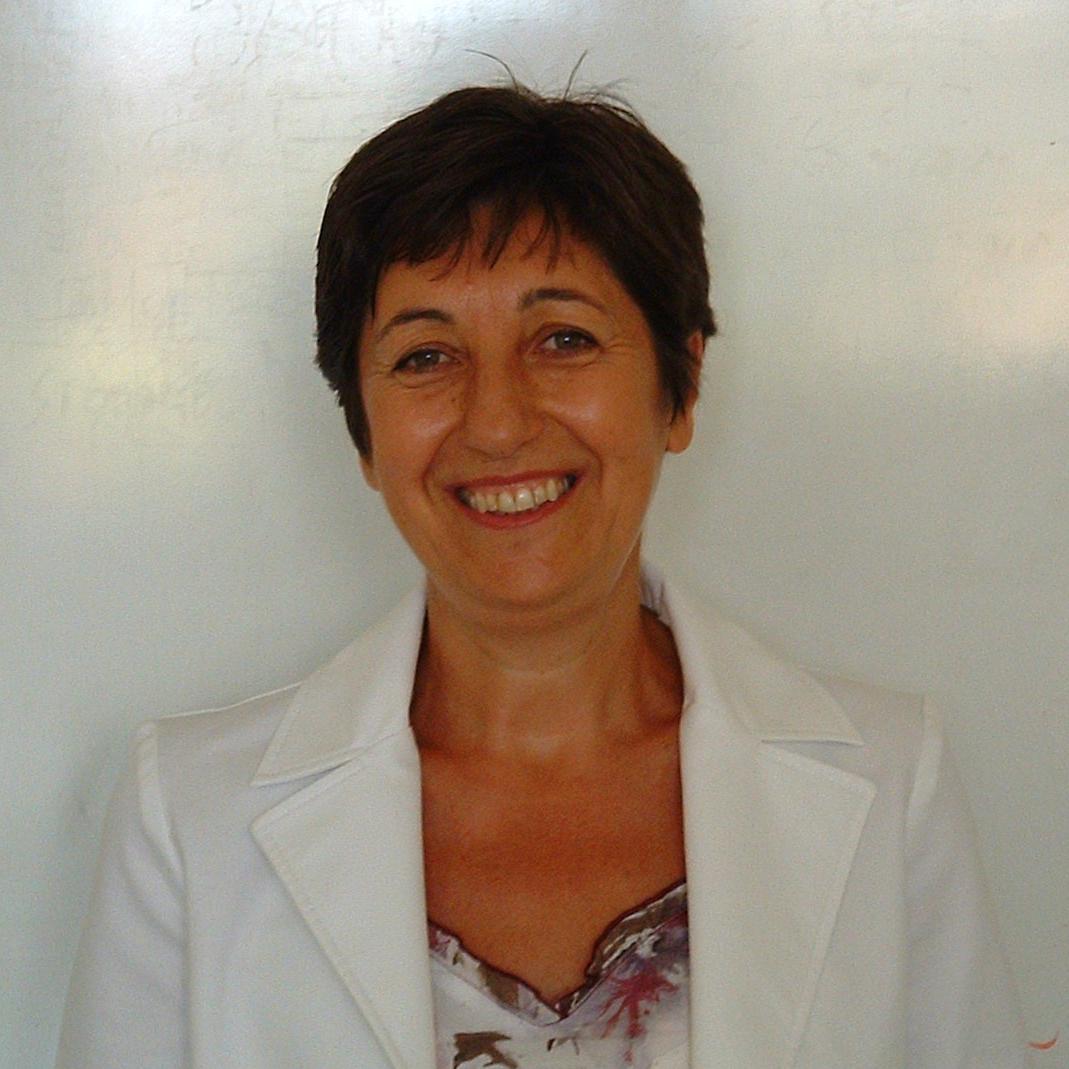 Donatella Castelli, a senior researcher at the Institute of Information Science and Technologies, National Research Council of Italy (CNR-ISTI), serves as the scientific co-ordinator of DL.org. With a research focus on Digital Library content, and architecture modeling, interoperability and research infrastructures, she has played a key role in several national and European projects in these fields. In the DELOS Network of Excellence she led activities dedicated to the DELOS Digital Library Reference Model and has served as the scientific co-ordinator of D4Science. She has also been involved in the technological design of DRIVER-II and European Film Gateway infrastructures.
Donatella Castelli, a senior researcher at the Institute of Information Science and Technologies, National Research Council of Italy (CNR-ISTI), serves as the scientific co-ordinator of DL.org. With a research focus on Digital Library content, and architecture modeling, interoperability and research infrastructures, she has played a key role in several national and European projects in these fields. In the DELOS Network of Excellence she led activities dedicated to the DELOS Digital Library Reference Model and has served as the scientific co-ordinator of D4Science. She has also been involved in the technological design of DRIVER-II and European Film Gateway infrastructures.
Stefan Gradmann, Professor of Library & Information Science, Humboldt University, Berlin, Germany
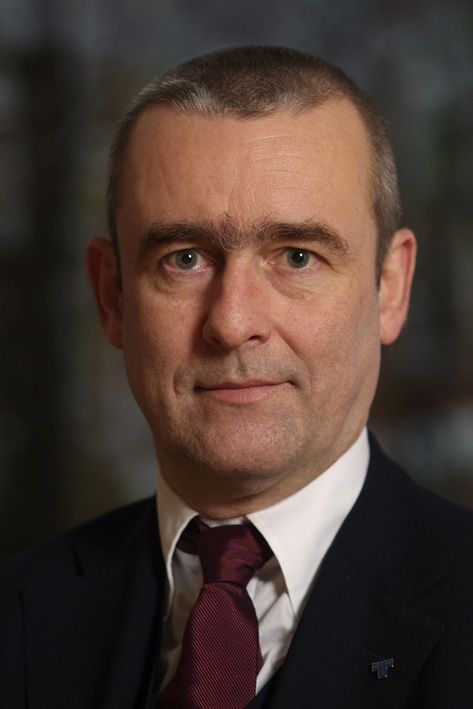 Stefan Gradmann is Professor of Library & Information Science at Humboldt University, where his focus is on knowledge management and semantic technology. He brings to this Working Group a broad knowledge base, including digital libraries, library automation and information technologies, with a special emphasis on the digital humanities. His second area of expertise is in digital identity management as well as authentication and authorisation technologies. His third area of interest is document management and document life-cycle management. He has directed major shared cataloguing networks, working for OCLC/Pica as a product manager, worked on open access publication models and was deputy director of Hamburg University's Computing Center (RRZ), before taking up his current position. In parallel, he is currently closely involved in the building of Europeana, a single access point to Europe’s cultural heritage.
Stefan Gradmann is Professor of Library & Information Science at Humboldt University, where his focus is on knowledge management and semantic technology. He brings to this Working Group a broad knowledge base, including digital libraries, library automation and information technologies, with a special emphasis on the digital humanities. His second area of expertise is in digital identity management as well as authentication and authorisation technologies. His third area of interest is document management and document life-cycle management. He has directed major shared cataloguing networks, working for OCLC/Pica as a product manager, worked on open access publication models and was deputy director of Hamburg University's Computing Center (RRZ), before taking up his current position. In parallel, he is currently closely involved in the building of Europeana, a single access point to Europe’s cultural heritage.
 C.H.J.P. (Kees) Hendriks is head of information services and education for Naturalis, the Dutch National Museum of Natural History. With new knowledge acquired through various professional roles, he has been instrumental in spearheading the publication of books and journals, the development of databases and websites, along with the provision of question & answer services for the target communities, including joint enterprise schemes with external project partners and external funding. He is also responsible for policy development in science communication both geared to popular audiences as well as to scientific target groups. He is currently involved in the European project STERNA.
C.H.J.P. (Kees) Hendriks is head of information services and education for Naturalis, the Dutch National Museum of Natural History. With new knowledge acquired through various professional roles, he has been instrumental in spearheading the publication of books and journals, the development of databases and websites, along with the provision of question & answer services for the target communities, including joint enterprise schemes with external project partners and external funding. He is also responsible for policy development in science communication both geared to popular audiences as well as to scientific target groups. He is currently involved in the European project STERNA.
Paolo Manghi, Institute of Information Science & Technologies, National Research Council of Italy
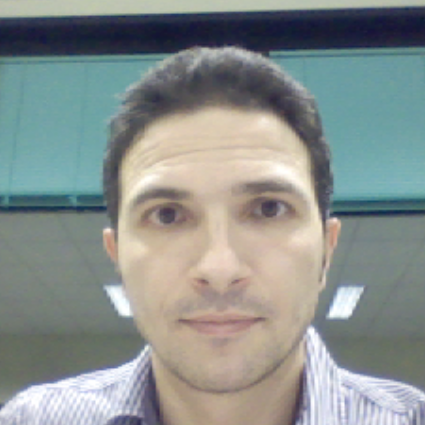 Paolo Manghi currently works as Research Fellow at Institute of Information Science and Technologies, National Research Council of Italy (CNR-ISTI). He was a Research Fellow at Strathclyde University (Scotland, UK) between 1998 and 2000 before moving to the Department of Computer Science at Pisa University until 2005. He has served as Software Architect for the European project DRIVER-II, particularly the scientific co-ordination of the development of the resulting Service Open Infrastructure. With a PhD in Computer Science from the University of Pisa (2001), he is currently focusing on the design, implementation, and experimentation of Open Service Architectures for Digital Libraries and on the design and implementation of Typed Distributed Repositories for Complex Objects.
Paolo Manghi currently works as Research Fellow at Institute of Information Science and Technologies, National Research Council of Italy (CNR-ISTI). He was a Research Fellow at Strathclyde University (Scotland, UK) between 1998 and 2000 before moving to the Department of Computer Science at Pisa University until 2005. He has served as Software Architect for the European project DRIVER-II, particularly the scientific co-ordination of the development of the resulting Service Open Infrastructure. With a PhD in Computer Science from the University of Pisa (2001), he is currently focusing on the design, implementation, and experimentation of Open Service Architectures for Digital Libraries and on the design and implementation of Typed Distributed Repositories for Complex Objects.
 Luc Moreau is Professor of Computer Science in the Intelligence, Agents, Multimedia (IAM) Group, School of Electronics and Computer Science at the University of Southampton. His research is concerned with large-scale open distributed systems not subject to centralised control. He is one of the authors of the Open Provenance Model, a model for provenance that is designed to meet requirements including the exchange of provenance information between systems, the definition of the model in a precise, technology-agnostic manner, support for a digital representation of provenance for any thing, whether produced by computer systems or not, the definition of a core set of rules that identify the valid inferences that can be made on provenance graphs. He was also involved in EU Provenance project, whose overarching aim was to conceive, design and implement an industrial strength open provenance architecture for grid systems, and to deploy and evaluate it in complex grid applications.
Luc Moreau is Professor of Computer Science in the Intelligence, Agents, Multimedia (IAM) Group, School of Electronics and Computer Science at the University of Southampton. His research is concerned with large-scale open distributed systems not subject to centralised control. He is one of the authors of the Open Provenance Model, a model for provenance that is designed to meet requirements including the exchange of provenance information between systems, the definition of the model in a precise, technology-agnostic manner, support for a digital representation of provenance for any thing, whether produced by computer systems or not, the definition of a core set of rules that identify the valid inferences that can be made on provenance graphs. He was also involved in EU Provenance project, whose overarching aim was to conceive, design and implement an industrial strength open provenance architecture for grid systems, and to deploy and evaluate it in complex grid applications.
DL.org (ICT No. 231551) is funded by the European Commission under Framework Programme 7 (FP7) ICT Programme ![]()

